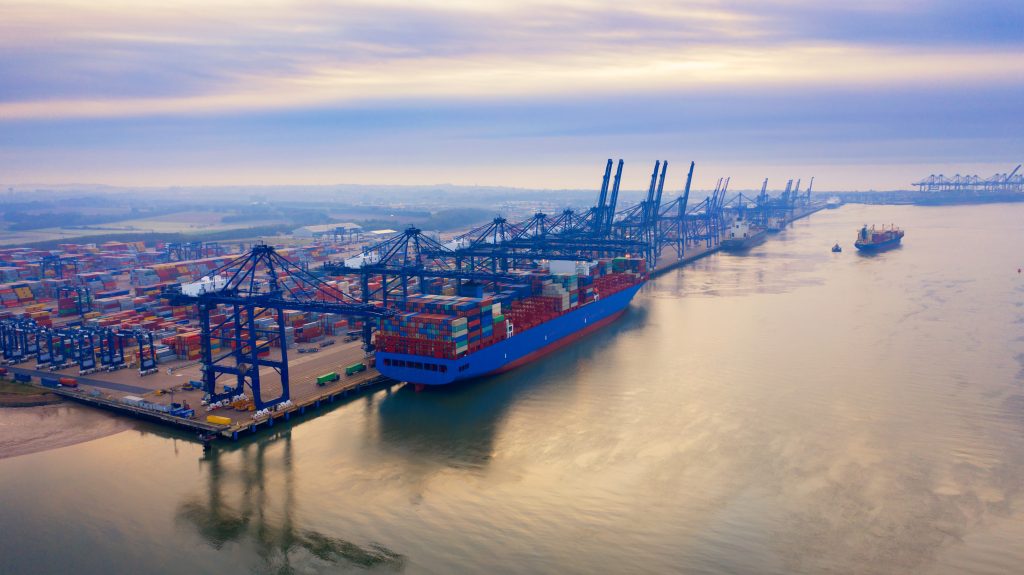Looming industrial action threatens global supply chains

Industrial action at ports and across key transport sectors is on the rise globally, adding strain on a supply chain already made weaker from the pandemic and ongoing conflict in Ukraine.
The chief economist of the Chartered Institute of Procurement and Supply (CIPS), Dr John Glen, cautioned businesses to anticipate that “multiple delivery routes and potentially more complicated plans are likely in the next couple of years as the challenges of industrial action, and a challenged economy along with disrupted supply continues.
With rising costs of living and inflation becoming a widespread global phenomenon and in a worker-favourable labour market, many dock workers have begun to make greater demands and enter into conflict with their employers. Strikes have occurred or been planned in India as well as for workers in shipyards in South Korea during the summer months, key nations in the global export network.
Most recently, workers at UK’s Felixstowe port have become the latest in a string of unions and workers organisations to begin strike action in a summer that has become defined by mass industrial discontent in Britain.
Felixstowe, which handles more than 40% of the UK’s shipping containers, is expected to face major disruption during the strike of 2,000 workers, including crane drivers, machine operators and stevedores. The strike began on 21 August after unions rejected a 7% pay rise and £600 bonus. This is in addition to the ongoing UK rail strikes which have impacted passenger and freight transportation, with as few as 20% of trains running at the strike’s peak.
Stephen Cotton, General Secretary of the International Transport Workers Federation said “strike action is very much a last resort” and the fact that they are so overwhelmingly supported internally by members “shows we need a different method for finding longer term solutions in the workplace”. Cotton argued that companies need to reckon with the “extraordinary” economic realities of runaway inflation and high costs of living that makes low paying jobs untenable for many workers and families. Cotton said that the days where unions would enter negotiations and “want [a] 8% [salary increase] and expect 4%” are over.
Cotton also confirmed that he imagined that these strikes would continue and even expand in the short term.
Dr Glen, warned current strikes could have a profound impact on the UK’s supply chain, suggesting that many will decide to ship through nearby ports such as Rotterdam or Antwerp and then transport to the UK by road. The additional cost, time and administrative load caused by these disruptions could cause difficulties to become “particularly acute as businesses begin preparing to bring Christmas stock in the country”.
Umberto De Pretto, secretary general of the International Road Transport Union (IRU) that represents logistics companies said, “Any single strike action, even at only one depot or station or port, has the potential to significantly impact global supply chains well beyond the scope of the strike…Governments need to work with industry to identify issues that impact supply chain resilience and take necessary measures.” De Pretto suggested governments should be doing more to promote the digitalisation and harmonisation of cross border trade.
Related content

Global shipowner group and seafarers’ unions agree new three-year global minimum wage ‘safety net’ deal

Industry and unions set out a 12-step solution for governments to free seafarers from COVID-19 lockdown

This is What A Seafarer Looks Like – International Women’s Day 2022
